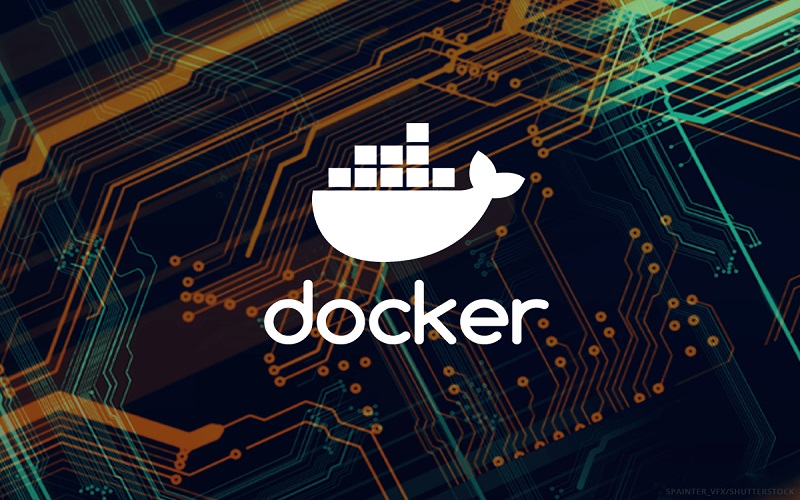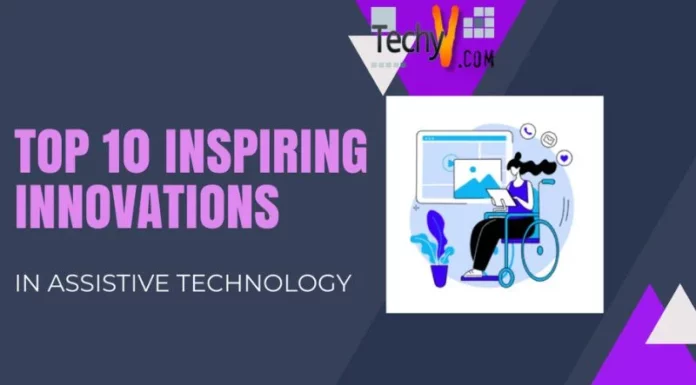Software development technologies encompass various tools, languages, platforms, and frameworks that software developers use to build software applications. By enabling developers to create, enhance, and maintain software applications, these technologies have become essential part in improving and streamlining software development processes. From coding to testing, deploying, and management, software development technologies have enabled software developers to achieve faster and more efficient results.
As software development technologies are constantly adapting and evolving, developers are always looking for new and innovative ways to build robust and scalable applications. Programming languages are the foundation of software development technologies and provide the syntax and grammar developers use to write code. Popular programming languages like JavaScript, Python, Java, etc, offer a range of features that make them suitable for various development tasks like memory management, performance, and concurrency.
Software development technologies offer faster development through streamlined processes and code reuse, improved collaboration among team members, enhanced efficiency and productivity through automation, scalability and flexibility to handle changing requirements, and cost efficiency by optimizing resources and reducing development time. Additionally, these technologies provide access to advanced features, support from vibrant communities, and extensive documentation for learning and troubleshooting, leading to high-quality software solutions. Here are Top Ten Software Development Technologies:
1. JavaScript
JavaScript is a programming language that is mainly used for front-end web development. By manipulating the Document Object Model (DOM), developers can create highly interactive and dynamic web pages. Besides front-end development, JavaScript has become more prevalent in server-side development through frameworks such as Node.js, which facilitates the building of scalable and efficient back-end applications.

2. Python
Python is a high-level programming language that gained popularity due to its simplicity and readability, it is ideal for various domains such as web development, data analysis, machine learning, and automation. Its abundance of libraries and frameworks like Django and Flask enables developers to build robust applications. With an in-depth understanding of its structures, readability, and reusable code, Python has become a top choice for most developers.
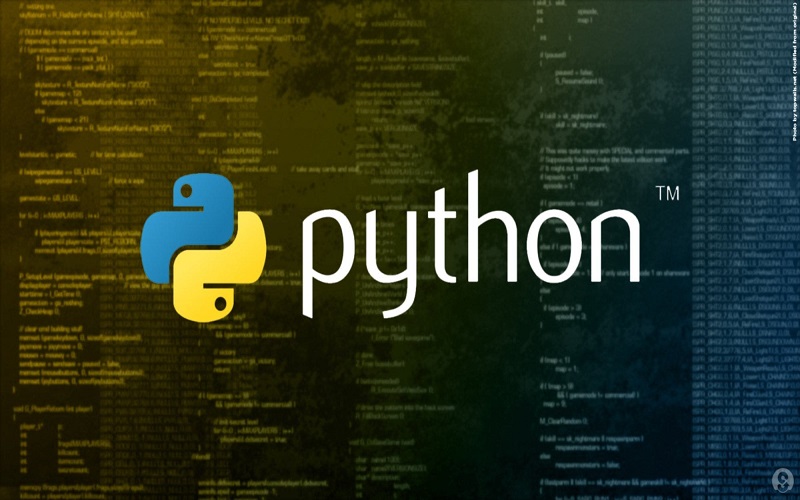
3. Java
Java is a massively adopted programming language known for its platform independence, enabling it to run on any platform with a Java Virtual Machine (JVM). Its vast ecosystem of libraries and frameworks makes it a popular choice for enterprise-level application development. Java is also commonly used for Android app and server-side development, which makes it a universal language suitable for any project virtually.
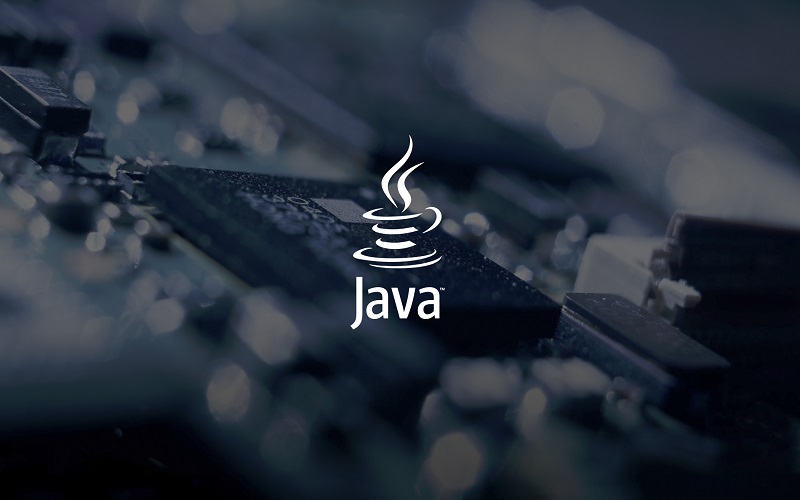
4. C#
Developed by Microsoft, C# is a highly versatile programming language mainly used for building Windows applications, web applications, and game development through the Unity game engine. It is a statically typed language that offers a variety of features and integrates well with the .NET framework. C# is popular among developers due to its efficient and straightforward syntax, which allows them to focus on solving problems and building applications.

5. Swift
Swift is Apple’s programming language designed for developing applications for iOS, macOS, watchOS, and tvOS. With Swift, developers can create fast, safe, modern applications with memory safety ensured by automatic reference counting (ARC). Swift has gained popularity among developers due to its ease of use and robustness, making it a go-to language for anyone looking to build applications on Apple’s platforms.
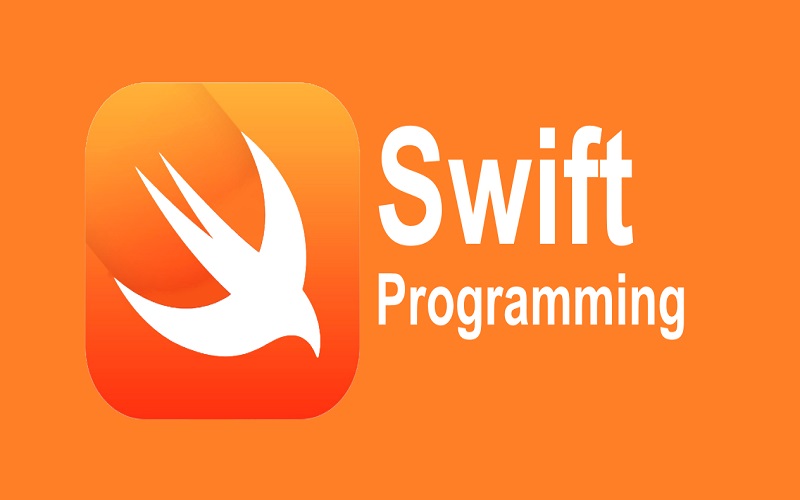
6. Kotlin
Kotlin is a new programming language designed to run on the Java Virtual Machine (JVM), making it an excellent choice for Android development. Interoperable with Java, Kotlin makes it easy to integrate code into existing Java projects. Its concise syntax, null safety, and various productivity-enhancing features make it a popular choice for Android developers. Kotlin has become the go-to language for developers looking to build innovative applications and modernize existing ones.
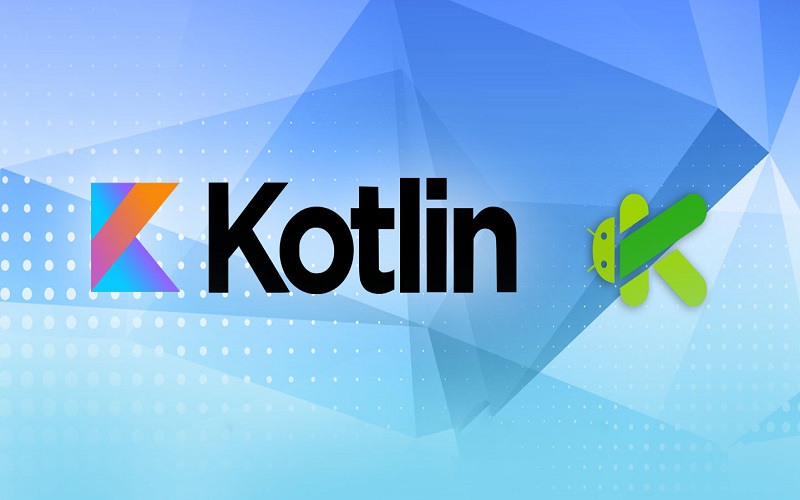
7. Ruby
Ruby is a dynamic, object-oriented scripting language many developers favor for its simplicity and readability. Conventions over configuration principles are featured in the Ruby language. Built using Ruby, Ruby on Rails is a popular web application framework that offers a streamlined development experience. Developers who favor Ruby rave about its dynamic nature, enabling them to focus more on the application’s business logic rather than writing verbose code.
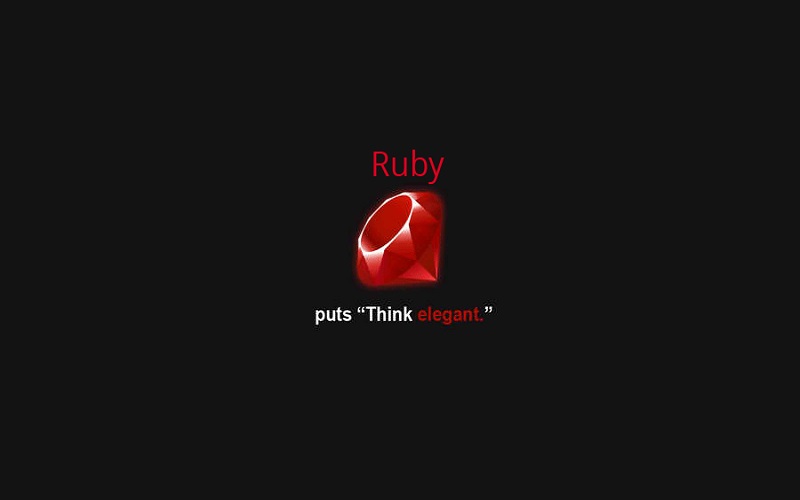
8. Go
Go, also known as Golang, is a statically-typed programming language developed by Google. It is designed to build scalable and efficient software systems, primarily in distributed systems and concurrent programming. Go’s simplicity, built-in support for concurrency, and efficient execution make it well-suited for modern applications that demand high performance and real-time responsiveness. Furthermore, being an open-source language, Go has an active developer community, which ensures its continued growth and relevance in the software development industry.
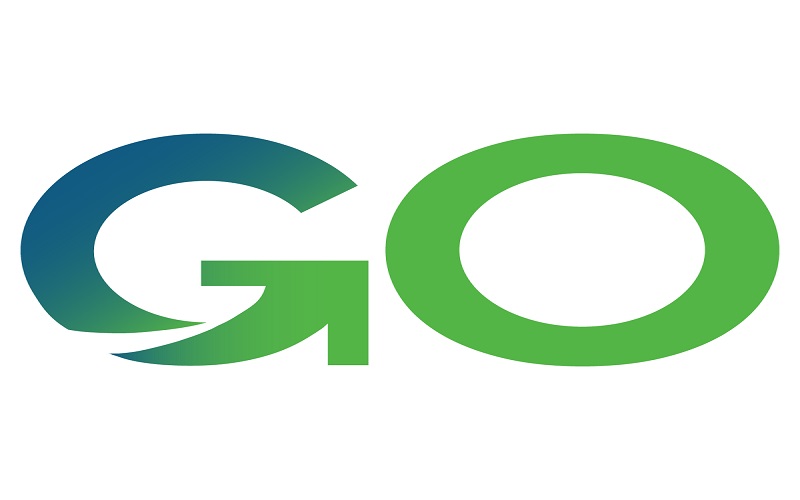
9. Rust
Rust is a systems programming language that offers various features that enable developers to write secure and efficient code. Rust’s focus on memory safety, concurrency, and performance, makes it the go-to choice for systems-level programming. Rust’s ownership model, borrow checker, and more features enable developers to write reliable and efficient code to avoid common programming errors such as null pointer dereferences and buffer overflows.

10. Docker
Docker is the container platform that allows developers to package their applications and dependencies into isolated and lightweight environments known as containers. The containers not only provide consistent runtime environments across different systems but also improve scalability and reproducibility by encapsulating applications and dependencies. The simplicity and scalability of Docker make it a popular choice for deploying applications.
